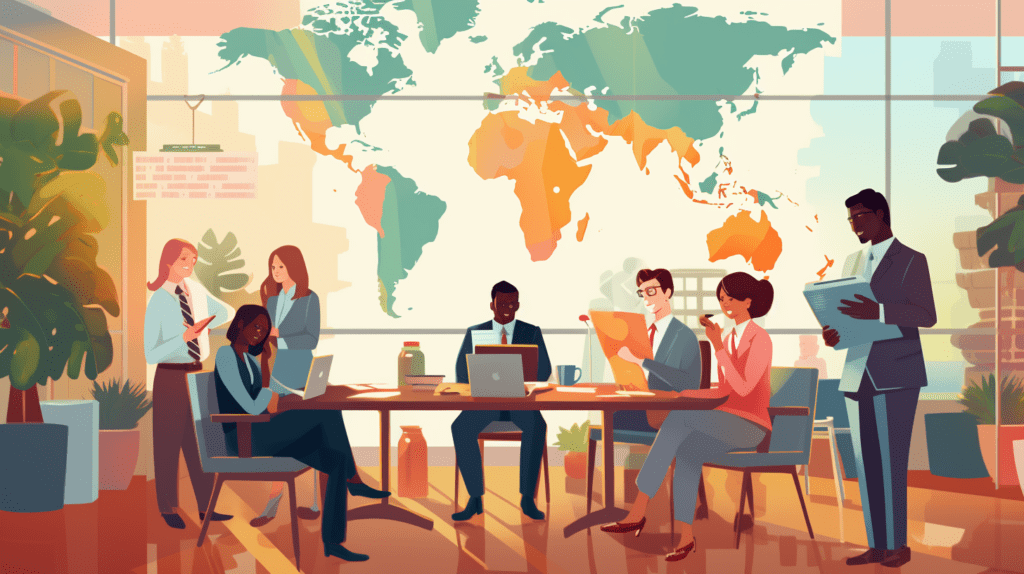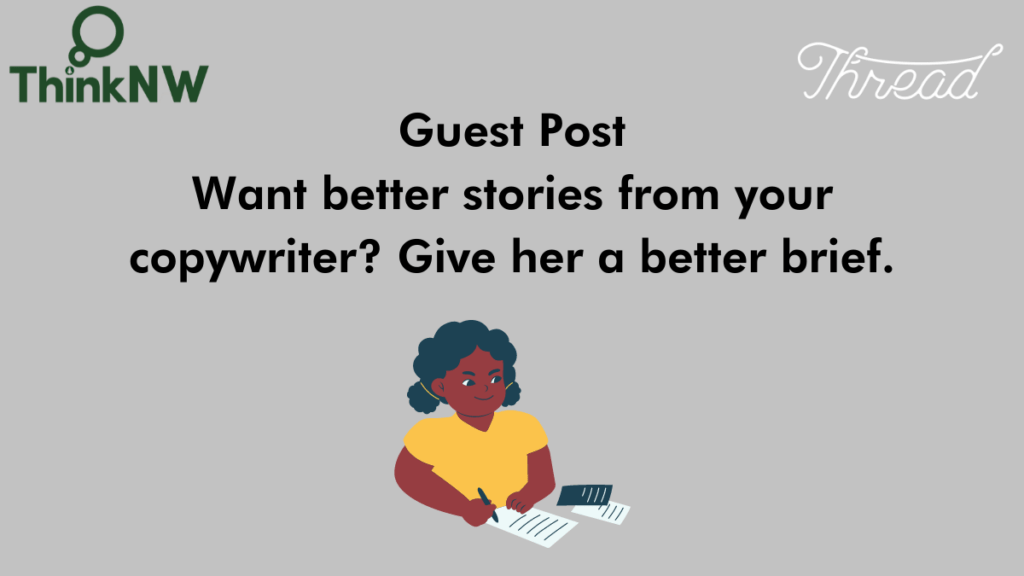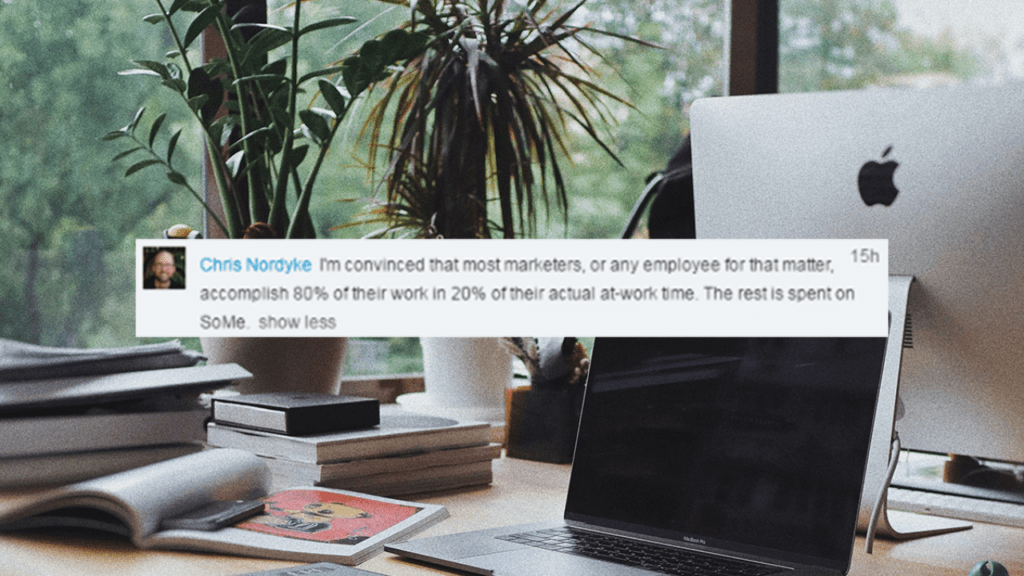Equity in Action: 3 Ways to Walk the Talk Right Now

People and organizations come to equity work from many starting points. Some folks are ready to go, others are willing but unsure how to start, and others aren’t even sure where to begin.
It can seem daunting, especially if you feel there is much to do, but the only way to move forward is to move.
Here are three issues you can start conversations about right now.
We don’t use the ‘r-word’ around here
Actionable DEI policy requires honest language that identifies racism as the problem to be solved. Using that kind of direct language can make white people uncomfortable. However, DEI policies that only use positive language like ‘equity,’ ‘inclusion,’ and ‘culture’ effectively prioritize white comfort over action and change.
The results of this indirectness can be observed in the form of identity support groups that have become popular over the last few years. Identity support groups can provide honest communication and stress relief opportunities that BIPOC people can’t access with white colleagues. Still, participation in these groups can also effectively segregate BIPOC people from other organizational networking activities.
While participation in these groups can be healing for people who endure racial macro and microaggressions, these groups, if not paired with other efforts, effectively treat symptoms of racism without addressing the disease.
To address the deeper issues, it’s essential to engage in inquiry that can help make the organization less racist in the first place. There are many ways to start this conversation, but a good place to begin might be: What aspects of our organization make identity support groups necessary?
Now you’re talking your language
Blindspots are bad for business, but we frequently accept and perpetuate them through staffing decisions.
Multilingual team members are frequently pigeonholed as diversity or niche market experts, and they are commonly paid less than their white peers—especially if they are BIPOC and female.
In reality, multilingual team members are generalists with specialty skills; they should be highly sought after and more generously compensated than monolingual candidates. Currently, many organizations see linguistic skills as a bonus: great if a candidate has them, but no problem if they don’t. Changing this understanding is a great way to demonstrate commitment to equity work.
Job descriptions frequently contain language in the orbit of ‘this organization values diversity’ or ‘appreciates a range of cultural perspectives.’ Interviews sometimes include questions about the candidate’s experience working with a diverse team.
The ability to work with diverse teams and reach diverse audiences are basic professional skills in the 21st century; the tenor of this language must shift from ‘optional’ to ‘required.’ Instead of putting boilerplate ‘values diversity’ language at the end of the job description, ‘demonstrated ability to work with diverse teams to reach diverse audiences’ should be listed as one of the required skills in the job duties.
It’s also crucial that interview questions for new hires and promotions address this skill, and the candidate’s response on these topics needs to be scored and weighted equally to the other questions asked.
As you consider implementing this, remember that HR and interviews can be tightly regulated, so you might need to pursue an official policy change. At the same time, what organizations do isn’t actually codified anywhere, so you may have more room to act independently than expected.
Start here: How do I propose an official policy change to our interview process? If an official policy change isn’t possible or necessary, how can I assess and value linguistic skills in the interviews?
Lonely being the first and only
It takes time and practice to build personal relationships that make professional settings comfortable, and this can be especially challenging for staff members from marginalized identity groups.
Being the first and/or only non-white, LGBTQ+, disabled, or neurodivergent person on a team (or in an entire organization) can be lonely and stressful.
When ‘first and only’ team members constantly find themselves in rooms of 10, 20, or 100 dominant group team members, it can start to feel like opportunities for people with marginalized identities are few and far between. This feeling can also affect how ‘first and only’ people approach personal relationships because it can create doubt about whether or not they are welcome at the organization.
Given the importance of personal relationships in professional relationships, organizations are expected to support semi-professional social activities throughout the year. Happy hours, team-building excursions, retreats, and all manner of other events have the potential to build team cohesion, but they need to be planned with equity in mind.
In particular, consider the historical relationships marginalized team members might have with the place or activity.
For example, suppose the marquee event of an organization’s year is a golf tournament. In that case, unless a real effort is made to build inclusion, people with marginalized identities might not feel welcome because country clubs have a long history of excluding everyone who isn’t rich, white, straight, and male.
To address this, there need to be other equally important events located at venues that don’t have classist, racist, and sexist baggage. As events are planned, it’s essential to ask: What history do marginalized communities have with this space or activity? How might team members from marginalized communities experience this space or activity today?
Walking and talking
Progress on equity can sometimes require an uncomfortable look in the mirror, but it is possible to change what we see if we act.
At the personal level, carry these questions around and use them to assess the situations you encounter at your organization. At a leadership level, bring these questions to your team. They are meant to be freely shared and widely distributed.
Progress won’t always be a straight line, but the only way to move forward is to move.





Responses